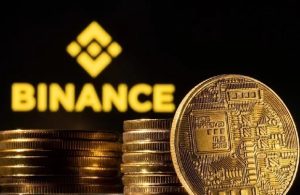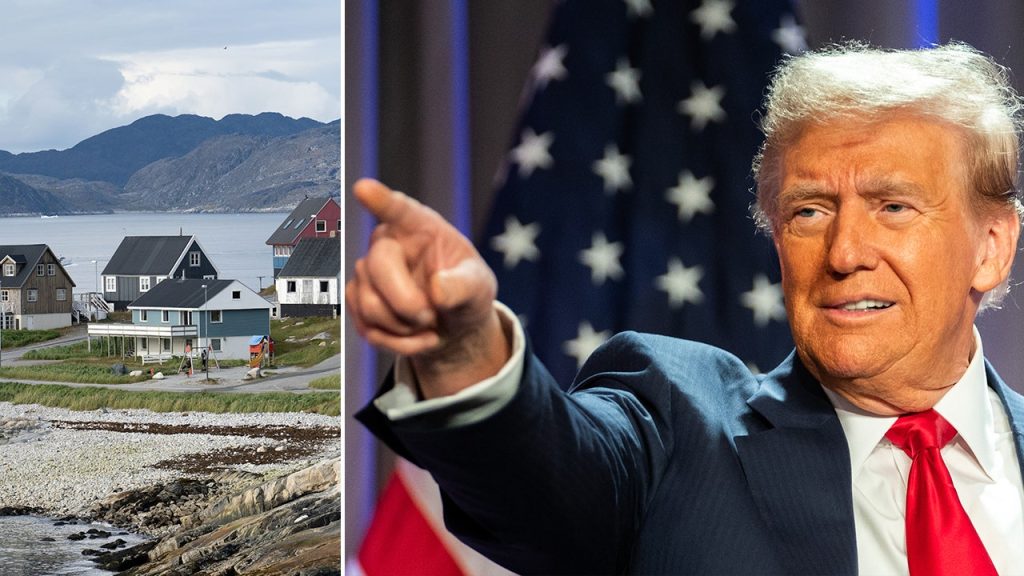Greenland’s journey towards independence from Denmark has taken a significant step forward with Prime Minister Múte Egede’s recent declaration. Egede emphasized the need for concrete actions to achieve this long-sought goal, outlining a vision for the island’s future that prioritizes self-determination and strategic partnerships. His pronouncements come amidst renewed international interest in Greenland, fueled in part by former US President Donald Trump’s previous attempts to purchase the territory. This historical context underscores the complex relationship between Greenland, Denmark, and the United States, with the island nation seeking to navigate its path towards full autonomy while balancing international relations.
Egede’s call for “new steps” towards independence signals a decisive shift in Greenland’s political landscape. He envisions a future where Greenland actively shapes its own destiny, choosing its allies and trading partners based on its own interests. This vision represents a departure from the current arrangement with Denmark, where Greenland enjoys a degree of self-governance but remains ultimately tied to the Danish Kingdom. Egede’s emphasis on citizen involvement suggests a desire for a broadly supported and democratic process towards achieving independence. The “foundations that have already been created” likely refer to the existing self-governance arrangements and the growing sense of national identity among Greenland’s population.
The timing of Egede’s declaration coincides with renewed discussions about Greenland’s strategic importance on the world stage. Former President Trump’s interest in acquiring the island, while met with firm rejection from Greenlandic officials, highlighted Greenland’s rich mineral resources and its crucial geopolitical location. This attention has underscored the island nation’s potential leverage in international relations as it seeks to establish its own independent course. The combination of valuable resources and a strategically significant location makes Greenland an attractive partner for various countries, offering the island nation a unique opportunity to forge its own international relationships.
The historical context of Greenland’s relationship with Denmark and the United States provides further insight into the current situation. Denmark’s colonization of Greenland dates back centuries, and while Greenland has gained increasing autonomy over time, the legacy of colonial rule continues to shape the island’s political and social landscape. The United States has also shown a long-standing interest in Greenland, as demonstrated by President Truman’s post-World War II offer to purchase the island and more recently by President Trump’s renewed interest. These historical interactions underscore the complex interplay of international interests surrounding Greenland’s future.
Egede’s assertion that Greenland is “not for sale” reflects a strong sense of national pride and a determination to control the island’s destiny. His words echo a broader sentiment within Greenland, where a growing desire for independence is coupled with a firm rejection of being treated as a commodity in international negotiations. The emphasis on the “long struggle for freedom” underscores the historical context of Greenland’s pursuit of self-determination and highlights the significance of this moment in the island’s history. This unwavering stance reinforces Greenland’s position in the international arena.
Moving forward, Greenland’s path towards independence will likely involve complex negotiations with Denmark, as well as the establishment of new international partnerships. Egede’s vision suggests a focus on building relationships based on mutual respect and shared interests. The island nation will need to carefully navigate its international relations while maintaining its commitment to self-determination. The coming years will be crucial in shaping Greenland’s future as an independent nation on the world stage. The island’s rich natural resources, strategic location, and growing sense of national identity will undoubtedly play a significant role in its journey toward full autonomy.










